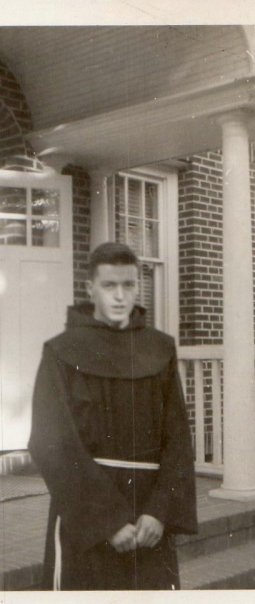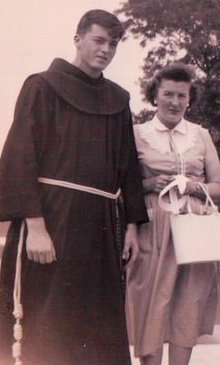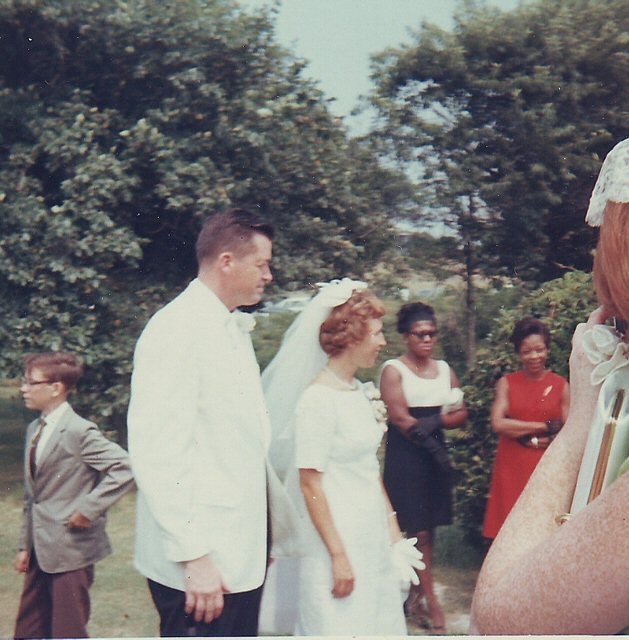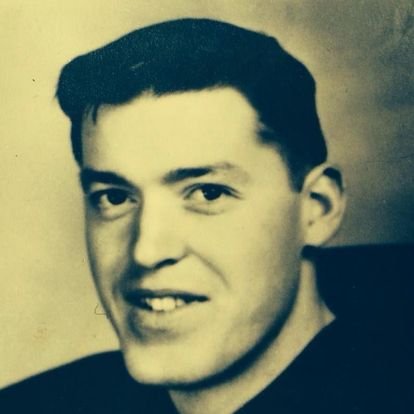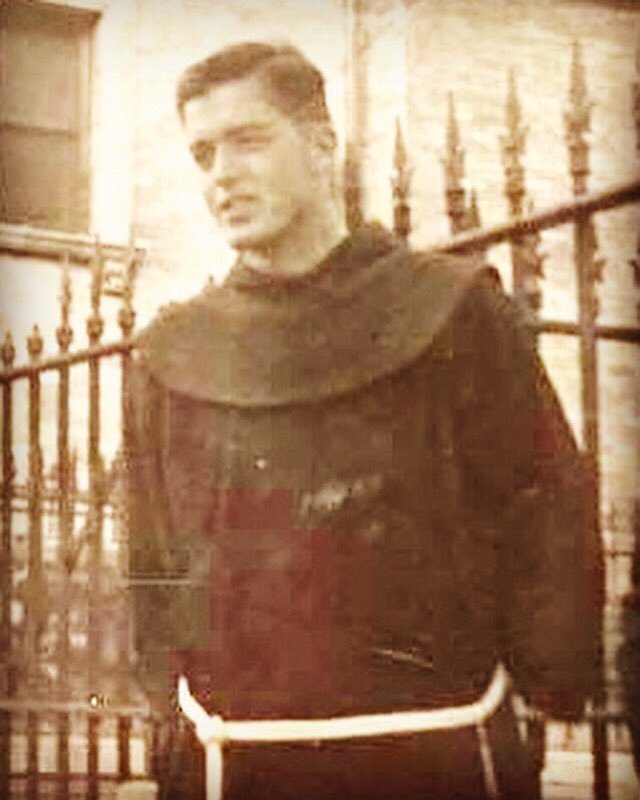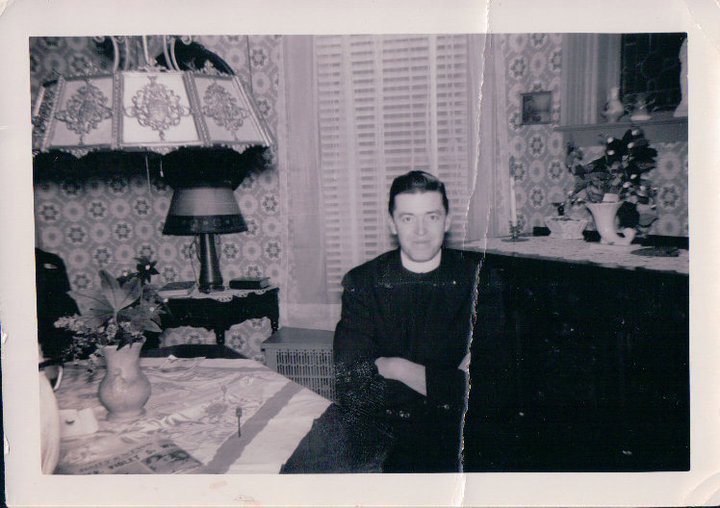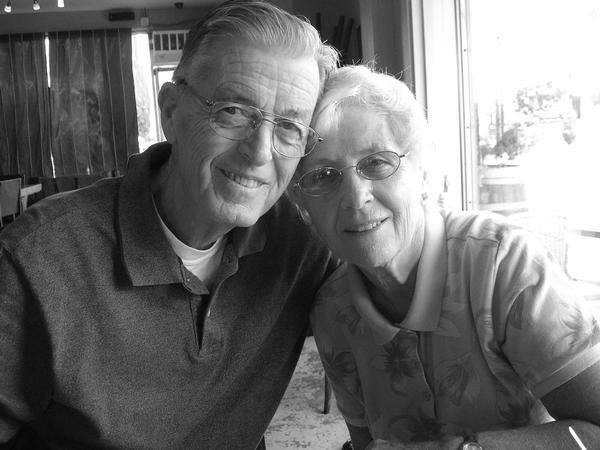Throughout history, the relationship between faith and science has been complex – a delicate interplay between the spiritual and the empirical, where questions of existence, purpose, and the unknown have often intersected. In this week’s episode, our storytellers examine the delicate balance between religious convictions and the pursuit of empirical truths.
Part 1: Comedian John Fugelsang doesn’t want to get married just to appease his Catholic parents.
John Fugelsang is a New York-based political commentator, comedian, TV and radio personality, performer, and writer. He was the host of America’s Funniest Home Videos and has appeared frequently on news commentary shows on CNN, CNBC, MSNBC, Fox News, and NPR. Recently, Fugelsang was the host of Current TV’s daily show, Viewpoint, where he analyzed the news and facilitated conversations about current affairs. Currently, he hosts a daily program called “Tell Me Everything” on the new SiriusXM Insight Channel.
Part 2: When Chris Mustafa Gray’s daughter is born, his wife makes one rule that he must not indoctrinate their daughter with his new-found religious beliefs.
Cris Gray aka Papa Mustafa, is a multifaceted artist who transitions between the realms of humor and heartfelt narrative. With a background in comedy, he harnesses comedic timing and wit to craft tales that elicit both laughter and introspection. With a goal to connect with audiences on an emotional level, he attempts to weave stories that touch the soul, all while leaving a lingering smile on your face.
Episode Transcript
Part 1
I'm not supposed to be here because of religion, but I get to be here because of science. I will explain.
I come from a Catholic background, an extremely Catholic background. We used to have open casket reunions. And this story happened during the worst year of my life. My network series had gone off the air. I was living in LA. I was broke. I was deeply depressed and, worst of all, my parents retired to Florida.
Now, I don't know if you've had the pleasure. When my parents told me they were considering going down there, I begged them. I said, “You can't retire, please. Don't you know? Moving to Florida is one of the steps in Kubler Ross's Stages of Death and Dying. It's between bargaining and denial, is move to Florida and get the white shoes and leave your turn signal on in Jeb country.”
I came to regret the joke because my father had his second heart attack, the big heart attack, while mowing the lawn in Florida a week before he turned 70. Now, this is a couple of weeks later. It's Thanksgiving night. My dad has gone to bed. We're in the house in Florida. My mother has stayed up to tell my girlfriend and me how dire his health situation is because he had had six bypasses. You cannot get a heart transplant over 70 unless your last name is Cheney in this country.
She said to me, “The pacemaker will help him with his pain. The nitroglycerin patches I apply in the morning and evening will help him with his pain. But because of his age, because of the bypasses, he is not a candidate for any available treatments.”
I said, “Okay, Mom, how can I help? What can I do?”
She goes, “I don't need you to do anything. I would like to ask you both one question, though. How would your life change if you two just, right now, went and got married?”
I said, “Okay, Mom, that's not gonna happen, but can you understand how what you just did is an example of what we call emotional blackmail?”
And she replied, “It's not emotional blackmail. It's nothing of the kind. I'm just offering up an innocent hypothetical because your father's dying in the next room.”
Now, for me, this was rough. Let me explain how Catholic guilt works, because it's often misunderstood. It's nothing like Jewish guilt. If you feel bad about something you did, that's guilt. And that could be good.
If you feel bad about who you are as a person, that's shame. But if you feel shame because you believe God wants you to feel more guilt, that's Catholic. That's the gift that keeps on giving and it's such a big gift. I got to see somebody two times a week to learn how to unwrap it.
John Fugelsang shares his story at The Story Collider Proton Prom at The Bellhouse in Brooklyn, NY in May 2023. Photo by Zhen Qin.
I said, “Mom, I'm sorry. I love you, but I can't get married to please my parents. That's what gay Republicans do.”
My mother would not be daunted. She said to me, “Look, why can't you just do it?”
And I said, “Mom, I'm broke. I haven't worked in a year. I lost my health insurance and I had to go off the antidepressants cold turkey. You have no idea what that does to you. And I'm selling all my old DVDs and CDs in LA right now for food money. It's not the right time to have my happy day.”
She said, “How would it change your life?”
I said, “It wouldn't change my life at all, Mom. I'd still be like this. I'm not gonna go and get married and have a wedding that I don't want and that she doesn't want and that we don't believe in in Florida.”
And she said again, “How would it change your life?”
I said, “It wouldn't change it at all. I'd be like this. I'd be miserable on my wedding day.”
And she said, “Well, if you're going to be miserable anyway, you may as well be married."
“Now, look,” she said, "he's going. It's not a question of how. It's a question of when. It could be weeks. It could be months. I'm asking you to set a date. Just set a date. Just give my husband something to stay alive for."
I should also mention now that my mother was a registered nurse, a person of science, and she was also a former nun. My mother grew up in the segregated south and when she finished high school, she went straight into the convent. I could never understand why. I could never understand what would possess a young girl right out of high school to take a vow of poverty, chastity, and obedience, but she did it right after the prom.
The convent put her through nursing school and they briefly sent her to work in a hospital here in Brooklyn before shipping her overseas to Africa to work with lepers in the jungles of Malawi.
My father was a Franciscan brother, born right here. He wore the brown robes and the rope belt and he talked history to Catholic boys. He walked amongst the people like the lost Jedi of Flatbush.
My father, the brother, met my mother, the sister when he was hospitalized with tuberculosis and was briefly her patient. Now, he had sworn, like the Jedi, to never know love. But by all accounts I have ever heard, he fell instantly, desperately, hopelessly, passionately over the edge and never coming back in love, first sight with this quiet, southern girl in a nun's habit that he knew he could never have and had promised his God he would never want.
They became friends. They could be nothing more. And when the convent shipped her over to Africa, he wrote her letters every week, just friendly letters telling her about what was going on back in the States, LBJ and civil rights and his hero Martin Luther King and the Vietnam War.
My mother's village had no TVs, no radios, so his letters became the de facto newspapers for the convent. The Mother Superior would open her mail, read the letters out loud to everyone, and my mother was always the last one to receive them. It took her many years to call it a cult, but she got there. She got there.
Now, at one point she wrote to my father after several years and said that she was going to come back briefly to the States. My dad casually said to his supervisor that he was thinking about maybe one day leaving the brothers. And without asking any questions, his supervisor said, "Whoever she is, if you love her, marry her."
He borrowed a car and made the drive eight hours down south to Virginia Beach, found the hospital where she was working an overnight shift, sat at her desk, talked with her until the sun came up, and then told her he loved her.
And she threw him out of the hospital saying, "You have no right. Do you see how I'm dressed? Do you see the habit I'm wearing? You have no right to say such a thing to me."
But he had done it. He had broken his vow. And the next day, she invited him over to meet her family. My southern grandmother was horrified. "A Yankee from Brooklyn? I won't be able to understand a word he says."
But my dad showed up with his clerical collar, all New York charm, and, when he was done, he kissed my grandmother on the cheek, he kissed my mother's sisters on the cheek, turned to my mother, and politely shook her hand. That's how the southern ladies knew the Yankee was in love.
My mother went back to Africa, but he had gotten through to her, and she left the convent. They married on a tiny army base in Virginia. It was a first love and a second marriage for them both. And they settled in the Isle of Long and tried to raise me and my brothers to be progressive, free thinking Catholics, which is why I do stand up because I can't afford the therapy I actually require.
So, I grew up admiring Jesus the way anybody admires Mom's first husband, but I've come to believe, and I mean no disrespect to any faithful scientists here, I've come to view Jesus the way I view Elvis. I love the guy but the fan clubs horrify me.
My mother taught me that there was no disassociation, nothing in conflict between science and the teachings of Jesus. And my father taught me that Jesus was a peaceful, radical, nonviolent revolutionary who never spoke English, was not an American citizen, was anti wealth, completely anti death penalty, anti public prayer. He was by the Book of Matthew 6:5, anti public prayer. Never once anti gay, never once mentioned abortion, never once technically came out against premarital sex, never called poor people lazy, never fought for tax cuts for the wealthiest Nazarenes, never asked a leper for a co pay, never said, “Torture is okay sometimes,” and was a long haired, brown skinned, that's in Revelation, fuck you, left behind books, brown skinned, homeless, community organizing, unarmed, anti slut shaming, Palestinian liberal Jew. That is, of course, only if you believe what's in the Bible.
So, when I was six, my grandmother down south showed me some family photos. I saw my mother in a habit and realized, for the first time, what she had been. I realized why my parents were so much older than the other parents.
And when I was 11, I learned what a vow of celibacy was. That began my entire teenage existential crisis, which continues to this day, of knowing I'm not supposed to be here.
Now, this man is dying in this room and this woman is telling me that I have to marry my girlfriend to give her husband something to stay alive for. There's no way it can happen. And I tell her, “I would love to, but just as you didn't marry for religious reasons, we vowed never to marry for bohemian reasons,” and that was good enough.
She said, “Do you not believe in marriage? Is that it? You just don't believe in it?"
I said, "No, mom. Marriage is great. I think a wedding is the most beautiful gift you can ever give your parents' friends."
And so, I appealed to her on the basis of science. I tried to use science to convince her. I said, "Mom, you do realize that monogamy is not natural in humans, right? I mean, most mammals mate for one or two seasons and then move on." Charlie Sheen.
“There's only six species of mammals that biologically mate naturally for life. Foxes, wolves, elephants, shrews, beavers, gibbons, and the dik diik. Only homo sapiens choose to mate against their nature and then go through all manner of guilt and torment when that's hard to pull off. So, it's beautiful, Mom. It's spiritual. It's just not natural.”
And then she brought up that my girlfriend and I had been together for 11 years already. And that's true. We had been together a very long time. We were the happy couple that wasn't married that still partied. Everyone hated us at the weddings. You know that fucking couple that didn't get married and they're still in love and they're insufferable?
So, to be honest, I didn't want to get married, but I did want my father at my wedding. I was raised with science and religion. I have learned to live with contradiction.
On the day I got married, my father was not able to stand for the entire service, but he was there. I asked him to be my best man. He was the reason I was doing it.
And he hadn't been in front of a classroom in years, but in a very frail state, he held forth before our guests and talked buoyantly, joyfully, to be in front of people again, to be in front of a crowd again, as he merrily told them humiliating stories of my childhood and adolescence.
It's kind of funny to rush into a marriage after 11 years of courtship. We couldn't find any place that would marry us really, really fast, like really, really fast. But my girlfriend's parents lived in Gainesville, about an hour away from mine. They found a little meditation center on a lake. My mother liked this because she could call it a chapel. I just figured, “Well, Tom Petty's born in Gainesville. That's something.” That was literally how I talked myself through it. Tom Petty was born here.
The only date we could find to get married in under three months was on a Sunday, Oscar night, February 29, because nobody wanted to get married on leap day. We thought it was perfect. We'd still be married, but we'd only have to acknowledge it every presidential election cycle.
So, after the wedding was done, my father was drained, but he made up his mind that he wasn't ready to go yet, and he would do anything possible to have more time with the woman he loved that he had found. And my parents saw a segment on 20/20 about an experimental stem cell treatment for heart patients in Bangkok, Thailand. “Don Ho did it,” my mother told me.
And I said, “No. Can't you see this is snake oil, Mom? Can't you see this is a racket? This is just designed to ensnare terrified old people. Please let him go with dignity.”
And she replied, “Are we to sit around and wait to die?”
They pooled any inheritance I could have hoped for and my mother pushed my father to Thailand in his new wheelchair. He could no longer walk. The Thai doctors did many tests and drew his blood. They shipped it to Israel. The Israeli doctors harvested his own stem cells from his blood and shipped them back to Thailand.
Then the Thai doctors implanted these stem cells on his heart in the hopes that they might somehow grow new arteries. And so it was that my Catholic father put his faith in the Buddhists and the Jews. And so it was that, within two months, he ditched the wheelchair and could walk two miles a day and got to go back to working in his yard and got to meet his first grandchild and got to take my mother on their first ever cruise and I still have to be married.
He lived five years longer than any doctor said he could live. And on the first Father's Day after he left us, my wife and I conceived our child. That kid gets to grow up in this beautiful fucked up world because some guy from Brooklyn long ago chose love over religion.
So, I am extremely grateful to everyone at Story Collider. I'm extremely grateful to my parents. I'm extremely grateful to a group of doctors far away who I will never meet. And I'm extremely grateful to stem cell science for giving me the metaphor I didn't know I needed and will always carry with me, and hold to the belief what I learned that, sometimes, what you need to heal your heart is already inside you.
Part 2
One day, I was out on one of my many walks. We did a lot of that during COVID, because you couldn't go anywhere. Go walking. I came home and my wife was sitting in my office, and she looked mad. For those of you all who are married, have got significant others, you can tell when you walk in a room that your significant other, like something's wrong just by the look on their face.
And so, I instantly went through the inventory of everything I did in the past 24 hours, or didn't do. And I was like, "Okay, did I leave dishes in the sink?" "No." "Did I leave the toilet seat up?" "No." And I was like, "I think I'm good. Whoever she's mad at, it's not me. I think I'm clean."
So, she's sitting in my work chair, my desk chair, and she turned around like a Bond villain. And in her hand, she was holding a copy of the Quran. Yeah, a Quran that I had hidden from her in my office and she was mad. Like, she was holding it like she had just found a pair of woman's panties in our bedroom. She looked hurt and betrayed.
She was just like, "I don't even know who you are anymore."
And I was like, "What? What do you mean don't know me?"
And then she said the most preposterous thing, "I don't even know if you believe in science."
I was like, "Oh."
So, let me take you back just a moment. When we got together 10 years prior, one of the things we bonded over was our mutual rejection of organized religion. She had some bad experiences with the evangelical church. I just grew up black in America, so we were just like, “All right, cool.”
So, religion wasn’t part of our lives, but then our daughter was born. I feel crazy even saying this to anybody, but I had like a very spiritual experience the moment my daughter was born.
Chris Mustafa Grey shares his story at Waller’s Coffee Shop in Atlanta, GA in September 2023. Photo by Allison Carter.
So, I was holding her and I remember I picked her up and her little eyes just barely opened. I looked in her eyes and I just mumbled. I was like, “Where did you come from?”
Instantly, I saw this vision, a tunnel of light. It was like going back in time, like through my family. I saw my parents. I saw my grandparents, my great grandparents, like just going on back, all the way back through our lineage.
I've never seen photos of these people. I don't know what they look like, but each person I saw their face clearly. I saw their clothing styles, you know, regressed back in time. And I knew who each one was and it went all the way back to like our West African ancestors. I saw them.
Each one was holding a child, just like I was, and it was the next person in that line. So, it was one of the most profound experiences I've ever had and it lasted only a moment. Just like you hear when people have those near death experiences and their whole life flashes before their eyes. It was just that quick.
Shortly after that, I returned to my faith and belief that I had been brought up with. And knowing how anti religious my wife was, I didn't tell her. I just kept it to myself and I just practiced on my own.
When I'd have my five daily prayers, I told her I was doing yoga and like meditating. I stopped drinking. I stopped smoking weed. I stopped eating pork. And I told her it was because my doctor said I had high blood pressure. And so, for two years, she thought I was on this journey of self care.
But, now, she was holding the Quran and she knew. She was like, “Oh, this just isn't about self care. You actually believe in God, don't you?”
It's a weird argument to try and defend yourself against because I was just like, “Nothing has changed in the past two years.”
She's like, “I thought you were getting better for me.”
I was like, “No.”
So, finally, she kind of came to grips with it and she put on the condition that she said, she's like I was not allowed to indoctrinate our daughter into my religion. And I was fine. I was like, “Cool. This is my personal walk. I don't make no requirements of anybody else, especially our daughter.” I was like, “That's how I was raised. You do you.”
One of the requirements we had was anytime our daughter asked me about anything religious or spiritual, anything like that, I always have to preface it with, “Well, some people believe that,” and then I can give her the explanation. Because the magical thing about kids is they're little believers. They believe in what they see and in what they can imagine. And they meld the two in their little minds.
So, my daughter, she believes in what she learns in school, what she observes. And then she also believes in fairies and witches and magic and things like that. So, as she grows, kids, they're curious. They're always asking like, “What is that? What are you doing?” And you explain.
Then they go into the next question, “Why? Why are you doing that? Why does that happen? Why, why, why, why, why?”
And I would explain to her, but then when it got anywhere close to something religious, spiritual, anything like that, I'd say, “Well, some people believe that,” and then I would explain it to her.
This continued as my daughter is growing. It's awesome watching kids meld these two things in their mind. And my daughter, she's a little deep thinker.
One day, she asked me, “Dad, is Santa Claus real?”
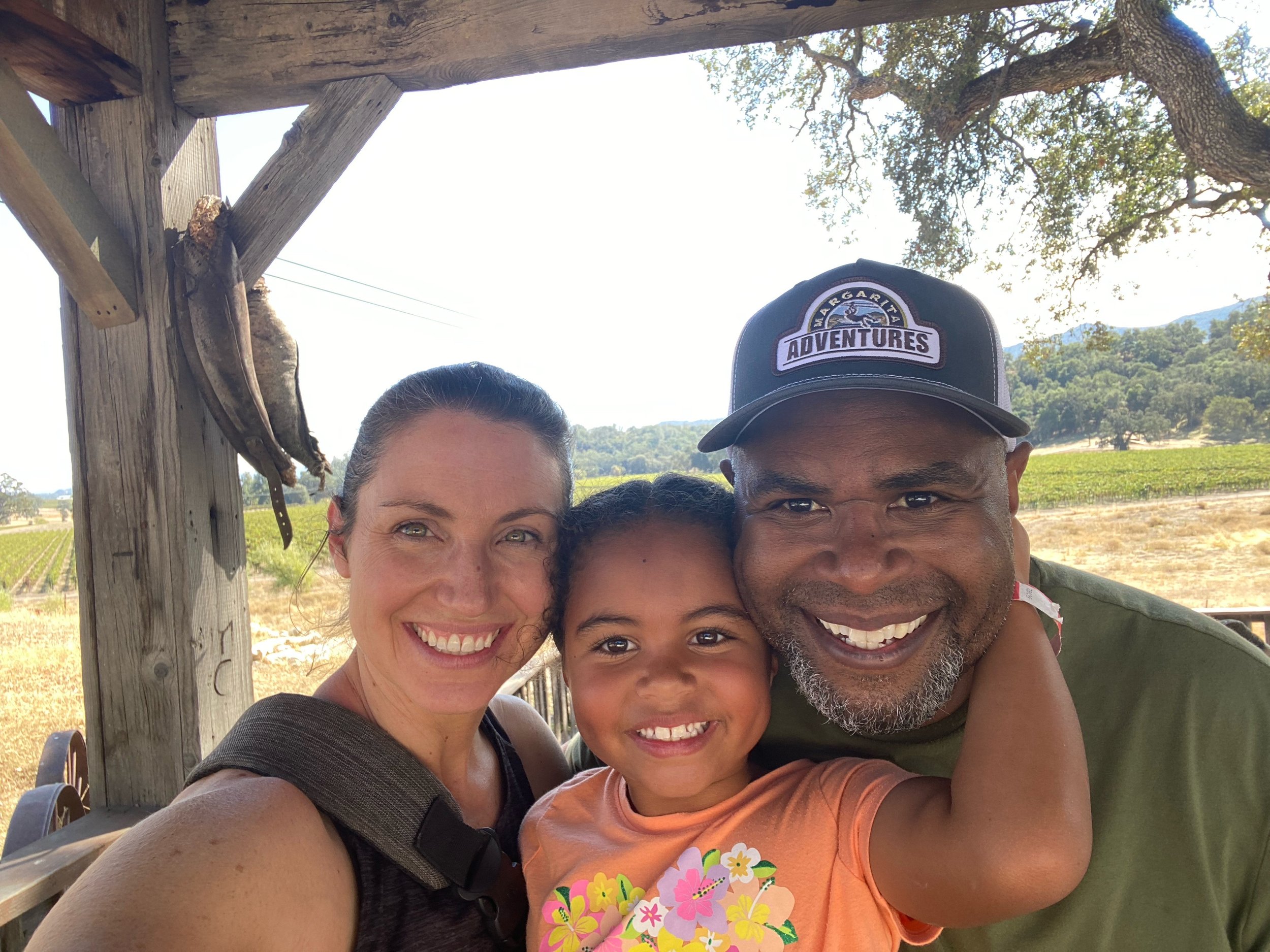
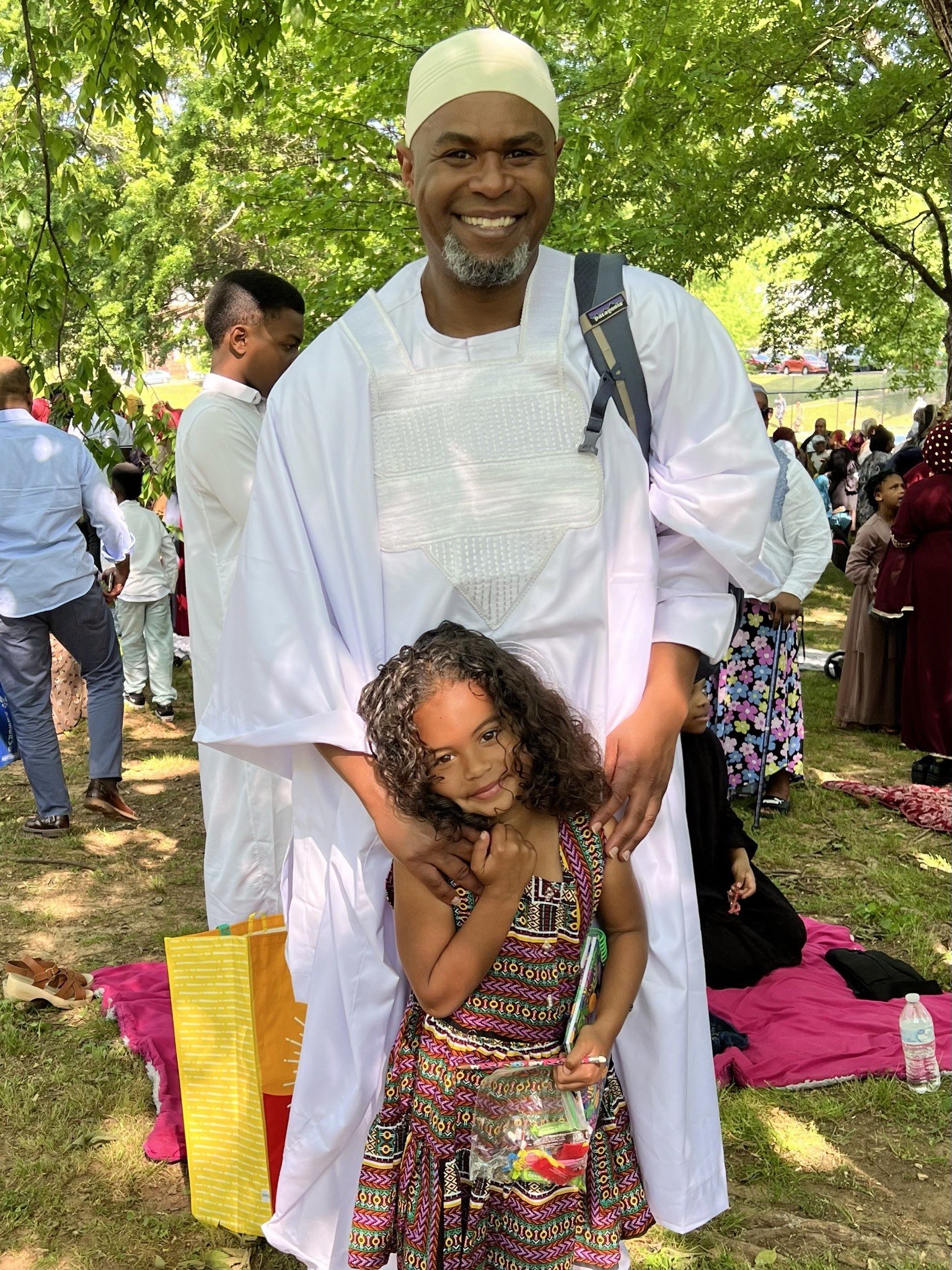
I was like, “Well, some people believe that Santa Claus is real. Some people believe Santa Claus isn't real.”
And she said, “What do you believe?’
And, oh, this is the defining moment, because all of us who are parents, like, you want your kids to hold on to that magic of when they're kids and things like that but you don't want your kid to be the first kid to not believe in Santa Claus, but you also want them not to be the last kid. You want them to be like somewhere right in the middle.
I didn't know where she fell in her class yet. I was like, “I don't want you going out ruining it for everybody,” so I said, “Well, I don't wanna lie to you,” because I don't want that to backfire too. Come back when she's 16, like, “You lied to me about…” No.
So, I said, “Listen, I don't believe that Santa Claus is real.”
So, she was like, “All right.”
She walked away and then, for 24 hours, I was like, “Oh, my gosh, that's it. I've ruined it. This is the moment. This is the moment. There's no more magic for her.”
Then she came back the next day, she says, “Dad, Santa Claus is real, and here's why…” and she whipped out a list. “Number one, he always brings me what I want. Number two, he ate the cookies I left out for him. Number three, I've checked with all my friends and he brings them exactly what they want. And, number four, he also eats the cookies at their houses.”
And number five, my favorite, she's pretty sure she found some reindeer tracks in the front yard that, to me, looks suspiciously like a golden retriever's paw print.
I said, “All right.” That's it. I was like, “I'm not arguing with you. You've presented me your evidence. You've given your hypothesis and you presented your theories, your evidence. You backed it up with research. I bow to you. Whatever your belief is, we’ll go with that.”
So, I'm like, “Cool, she's a little scientist, or lawyer.” You need to start thinking as a parent what's she going to be.
I was just very proud of her. She basically used kind of the scientific method to prove me wrong. I was like, “Okay.”
This continues as she grows up - and grows up, she's seven now. Grows up. This continues, like she's just a very deep thinker. She would just make these observations and these connections.
One day, she said, “Dad, that's not the real sky.” She was four. And we're looking at the clouds and planes flying over the Atlanta airport, and I was like, “What do you mean that's not the real sky?”
And she said, “The night, that's the real sky.”
I was like, “Yo!”
Like, “We're on a rock spinning through space.”
“Yes, the night, that is space. That is the real sky.” At four, she said that. I didn't grasp that concept till high school.
Like she, one day we're watching Buzz Lightyear. I don't know if any of you have seen the movie, but in the movie, Buzz Lightyear, he's trying to go the speed of light in the beginning of the movie. He keeps doing, taking these test flights trying to go the speed of light. He's staying young while everybody else on earth is getting older.
And my daughter asked, like why. “Why is everybody getting old?”
Chris Mustafa Grey shares his story at Waller’s Coffee Shop in Atlanta, GA in September 2023. Photo by Allison Carter.
So I gave her like a kid's version of Einstein's Theory of Relativity where I said, “Some people believe…” because it is a theory, people. We're going to stick to the rule.
So, I was like, “Some people believe that if we could go the speed of light or approach it, the traveler, the time would slow down for the traveler. They would stay young and everybody would get older.” And I said, “If we ever achieve the speed of light, time would stop for the traveler. And if you ever exceed the speed of light, it's like a time machine and you would go back in time.”
She was just like, “Whoa.” And then she said, “Dad, angels are made of light.” And I was like, “Yeah.”
And she said, “So, time for them doesn't matter. They can be anywhere anytime all the time.”
Again [boom]. I looked over at my wife and she was looking at me like, “Angels?”
And I was like, “Listen, I didn't say nothing. This is all coming from her.”
And as she's like making these connections, my faith in her of like, “Yeah, this kid, she's got a brain. She's thinking. She's just not gonna take what me or anybody else just tells her. She's gonna think it through. She's just not gonna be a blind follower. I like that. It's annoying, but I like that.”
One of my favorite scientific theories in physics is called the observer effect. It basically says in a nutshell that, by observing a phenomenon, you can affect that phenomenon and change it.
For example, to observe an electron, a photon of light has to interact with that electron for you to even see it, thus that interaction causes the electron to change its path of travel. So, just by you observing it, you've changed it.
So, just by me interacting with my daughter, like, she's changing me. She's encouraging me. I'm like, “Yeah, like she's syncing these things of, like, my beliefs of what I've told her, other belief systems, which we've taught her, in her natural world. She's, like, putting it all together. And she's watching. She's observing.”
I have this practice. I used to work downtown. If you've ever been downtown, there's a lot of people in need, a lot of homeless people. So, every time I was downtown, people would ask you for money. They ask you for change.
So, I would always do that thing where you pat your pockets and just go, “Oh, no, I don't have anything.” I kept doing that so much where I finally started just carrying some cash on me so that people, if I was asked, I could help give them something. This was just like my own little thing to feel good. It's just like I'm helping out. Didn't really advertise it and tell anybody about it, but my daughter's been watching.
One day, we're driving and, on the off ramp, you see someone holding a sign. She said, “Dad, Dad, we've got to help that guy. Give me some money. We gotta help him.”
Now, this time, I didn't have any cash on me and so I was like, “Sorry, I don't have any money.”
And like the look on her face, she just looks so disappointed, like I had let her down. I immediately drove to an ATM machine and withdrew money, drove back to get on the interstate to go the opposite direction and then got off, so we could come back and get to that same off ramp where that guy was holding this sign, so she could roll down the window and give him that money.
And so, just like the observer effect, just the fact that she's observing me, I have to uphold what I say I believe in. I have to actually live it. I can't just give it lip service and say, “Oh, yeah, Dad has things we should do. We should help people. We should give when we can.” But she's watching and I feel like kids, just that look of disappointment, I didn't want her to think like, you know, you're just full of shit.
Like the observer effect, the fact that she's observing me continues to change my behavior, my direction, so that I feel that I'm moving in a right path because I'm being a good example to her.
And so, the more I've thought about it is just as long as I continue to do that in my life, I don't have to tell anybody about what I believe, what my faith is, what my faith practices are, any of that. All I have to do is just live it, embody it, and try being a good example of it.
One day, my daughter, and this was actually rather recently, we were out somewhere. She asked me, she said "Dad, I think God is like the wind."
Chris Mustafa Grey shares his story at Waller’s Coffee Shop in Atlanta, GA in September 2023. Photo by Allison Carter.
My wife instantly looked at me and I'm like, "I don't know where this is going."
And she said, "Well, I can't see the wind, but I know it's there, because I can feel it. I can see the trees moving in it and I can see the birds flying in it."
And I said, "Again, kid, you're blowing my mind."
And so she said, "Is that what you believe? That God is around us but we can't see Him. It's just but we can see what He affects."
And I said, "Yes, that is what I believe."
And she said, "I think I believe it too."

